Drivers of electric vehicles could save up to £300 a year by storing and sharing electricity in their car’s battery, according to a new report on vehicle-to-grid technology, released
by Good Energy, Honda Motor Europe, The University of Salford and Upside Energy.
The study was designed to examine the value of ‘vehicle-to-grid’ (V2G) technology, where an electric vehicle is used alongside a special charger and other home systems: battery storage, solar panels, a smart hot water tank, and heat pumps. The technology is designed to maximise efficient energy usage, save money, and cut carbon emissions.
The researchers found that the average home could stand to save up to £300 a year while reducing its reliance on fossil fuels by shifting when power is saved or used. But V2G currently has a number of blockers to reaching its potential. Outlay costs are currently high, with policy incentives required to help bring prices down and enable more households to participate.
The need for scale is also key to making V2G work – batteries in electric vehicles could help absorb excess power and reduce stress on the network. But this is only efficient in the UK’s current grid system when a significant number of EVs are connected with a localised area. Enabling larger scale localised connections, such as in car parks with several connected cars, could be an initial route to efficiently sharing power with the National Grid in times of need.
The report concluded that government has a clear role to support V2G units and make the leap from prototype to a reality. The right level of investment and support could allow the technology to play a major role in the transition to net-zero emissions.
Juliet Davenport, CEO and founder, Good Energy said: “We must take a distributive ‘whole systems’ approach to tackling the climate emergency. That is why vehicle to grid is so exciting — it is the missing link between electrification of transport and de-carbonisation of our grid and our homes. V2G is where solar power was 10 years ago – the technology exists but it requires innovation, investment and joined up thinking. With the right policy support it could become another clean technology British success story.”
Jorgen Pluym, project leader Honda Motor Europe said: “Ensuring that electric vehicles maximise the utilisation of renewable energy while minimising the impact of their increased grid load is critical to the success of decarbonising of mobility. Honda sees V2G as a key technology to realising a carbon-free society.”





















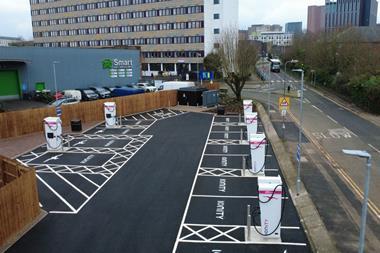





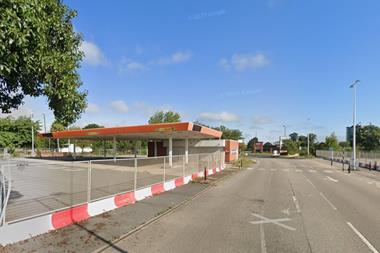
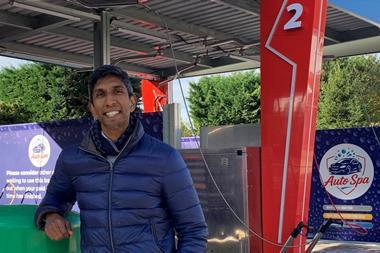
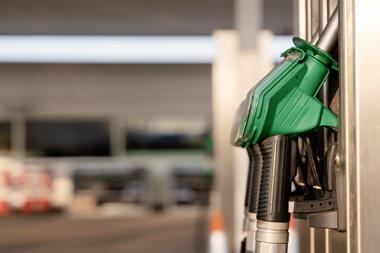
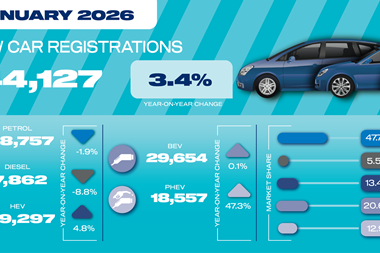
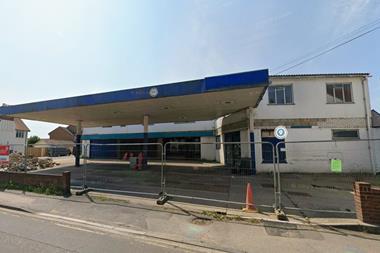
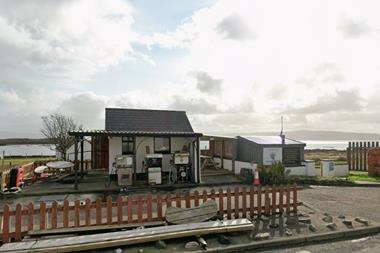
No comments yet